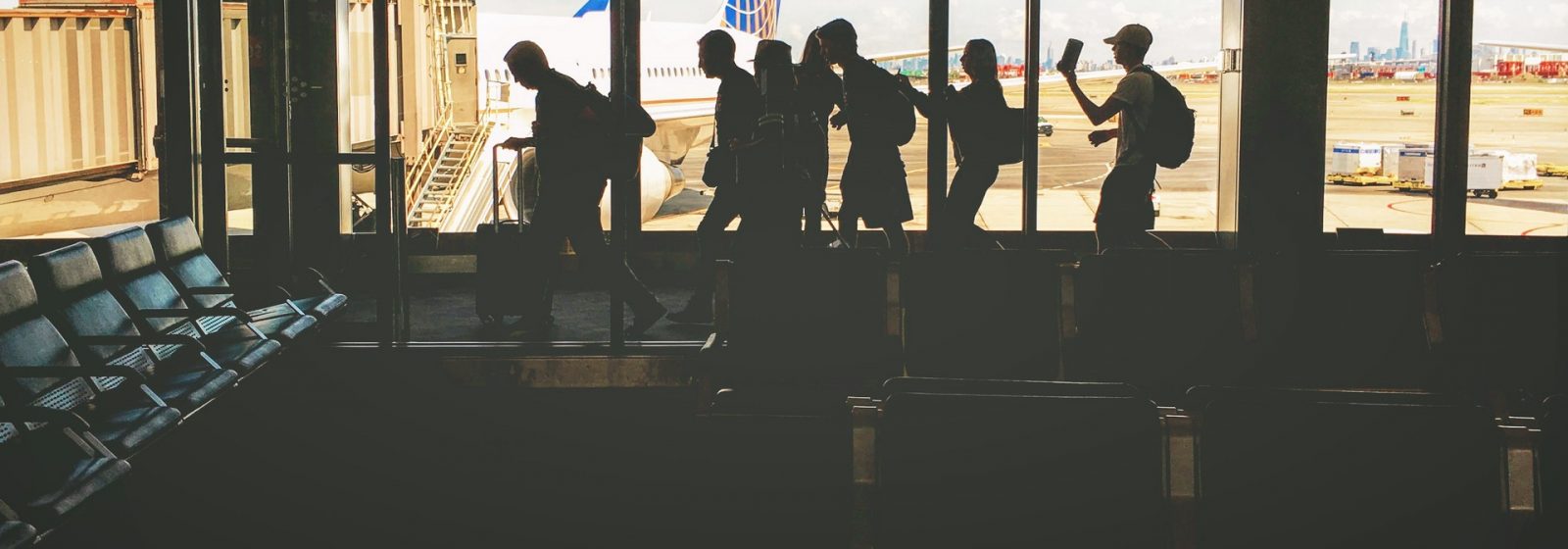Why I Almost Stopped Doing Short-term Mission Trips—But Didn’t
By: Aaron Thompson
Download our “Find the Right Trip Assessment”
Giving Students a Pathway vs. Throwing in the Towel
I almost stopped doing short-term mission trips a few years ago.
For all the good I had seen come from them, I felt like I’d seen as much or more bad. Whether it was students who weren’t up for the challenges they found in the field, conflict that threatened to sour team dynamics, or accidental negative impacts on the field itself, it seemed like taking adolescents—especially middle school students—into a challenging, unknown context to serve for a few days just wasn’t worth it.
But then I started working at a new church, one with a deep heart for missions and a strong history of sending teens around the country and the world. Within a month, I found my cynical self at a short-term missions training event, preparing to work on our ministry’s missions development plan.
Thankfully, my predecessor in ministry, Jonathan Der, had laid a strong foundation for missions (not just mission trips). He had worked with the church to create a road map for students to prepare for deeper, more challenging missions work over the course of their six years in the ministry.
Starting with local service, students demonstrated needed competence before taking next steps toward local missions service. Ultimately, they would work their way up to cross-cultural missions and a LeaderTreks Trip. But the plan was incomplete and gathering dust, since Jonathan had moved on before it all played out. But it was there, ready for us to take off the shelf and implement.
And it was challenging to me.
Wow, I thought to myself. Giving students a path to actually prepare for meaningful missions work makes more sense than just throwing in the towel.
“77 Hours”
So our ministry got to work, aiming to bring fresh life to Jonathan’s vision. Almost three years later, we now have a six-step pathway for students to go from short, local service projects all the way to month-long, out-of-country internships.
But it wasn’t until this past summer that I think we landed on the key to setting students up for success. This key was a program we call “77 Hours”. The premise of 77 Hours is simple: we set aside one week in the summer (Monday through Saturday) for younger and more inexperienced students to get a first taste of a “mission trip” through daily service projects. Each day of the week, the team shows up in the morning ready to connect, serve, and learn. And each night, they go home to rest and debrief with family before doing it again the next day.
The immediate benefits of this model are considerable. First, it’s cheap. We were able to give students a full week’s experience for slightly less than $100 per student. Second, it’s local. The things we did with students were tied into ministry opportunities in our area. There was no need to process “what this looks like at home” because we were at home. Third, it’s manageable. We were able to invite every interested student into this experience without worrying about immature students who couldn’t handle the expectations. This was a meaningful but highly accessible week with easy wins for even the young, immature, and new-to-faith. And fourth, staying local also meant we were the hosting church. We could set our goals for each day and craft exactly the kind of experience students needed to grow in missional understanding.
We built each day around a theme, identifying what we wanted students to learn about mission work, and then finding partnering ministries and agencies that would open up that concept for students.
What We Teach
Our five key missions truths were the following:
Monday: Mission work serves the needs and goals of the church on the field.
Tuesday: Cross-cultural mission work requires incarnational ministry, not patronizing charity.
Wednesday: Mission work is happening around the world and right next door.
Thursday: Mission work requires leadership, initiative, and using your spiritual gifts.
Friday/Saturday: Mission work is hard work!
The Schedule
Each day students spent six to eight hours working on projects related to each theme. The other three to four hours were used for team building and devotions. We partnered with local ministries to learn through service opportunities like these:
Monday: Renovating our church’s youth room.
Tuesday: Working with and serving homeless men and women in the inner city.
Wednesday: Packing food for children in Haiti and cleaning vehicles for an outreach ministry in town.
Thursday: Organizing a student-led movie night for refugee families, hosting over 140 people.
Friday/Saturday: Spending 24 hours at our partner camp working on construction projects.
The scale and scope of the learning and service were amazing. It was a joy to watch students arrive each day full of anticipation for what that day’s service project would hold.
The Benefits
Through the week, their preparedness for missions grew significantly. One freshman guy’s experience stands out. He’s mature for his age, and in his maturity, quite humble. He’s responsible and attentive to what we are trying to accomplish, but he never sees himself as the leader he is because he isn’t the most popular or sought-after among his peers.
Over the week, his confidence level in his gifts, specifically his leadership, grew and grew. By day two, his mom was texting me about what she was seeing and hearing in him (another benefit of students going home every night). By the third day, peers who usually teased him were looking up to him. By day four, when the students led our movie night outreach, he was clearly a leader in the group.
Watching that transformation—and equally astounding transformations in other students—reminded me why I was so wrong about missions a couple years ago. Short-term missions, by themselves, have many issues. But when they become just one program in a wider missions strategy, they’re an important step.
Our target is no longer to have a great trip each year. Instead, we aim to raise young believers who understand the mission of the church, know their gifts, and are empowered to use those gifts to impact the world.
If that’s a goal you share, I encourage you to consider 77 Hours in your context. Set some goals, identify what you want students to learn and experience, and then build an unforgettable week of service that will help transform your missions novices into energetic missionaries-in-training!
About the Author
Guest Contributor
The LeaderTreks Blog is proud to share the hard-earned wisdom of student ministry leaders from many different backgrounds and professions. From time to time, we will feature guest blog posts from writers other than our regular contributors. We include these posts to provide additional perspectives and insight that we’re sure will help develop you and your ministry… Read More





